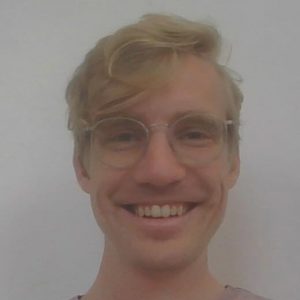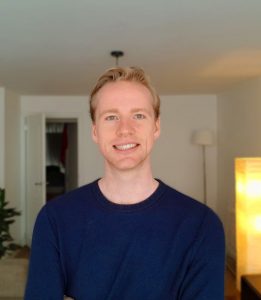Alumni Interview #Februari
Last month we interviewed some more alumni! We aim to post these each month so check out our news page at least once a month.

Name: Arnold Smolders
Employer: Adyen
Title: Test automation engineer
Country: Netherlands
Year of Graduation: 2019
What was the title of your master thesis project? Where did you do your master thesis and who was your supervisor?
I did my master thesis at TNO under the guidance of Michel Verhaegen and Rudolf Saathof. Since I did a double degree in Systems & Control and Optomechatronics, I combined both masters into one thesis about laser communication. The title was “Fiber coupling enhancement in Optical Communication Terminals”, where I designed and built a tracking system for a satellite receiver, which can achieve robust communication using a control algorithm.
Data is sent through laser pulses to the satellite receiver. For optimal performance, the laser pulses need to be steered into the satellite with very high precision. A mirror is used to steer the laser beam properly on a detector. This mirror is positioned very accurately by implementing a gradient-based algorithm called Extremum Seeking Control.
Did you have a favourite S&C course?
I did not really have a favourite S&C course. However, in my opinion the course Philosophy and Science has been the most interesting course of my master program. This course is completely different than the academic challenges we face during the Master. It makes you think about the ethical consequences of your work as an engineer, which I think is important because it is easily forgotten.
Do you have any great memories of studying system and control at the TU Delft you want to share?
I do have one funny memory. Together with some others, I found out about the basement at the S&C wing at 3mE. This basement is almost never used but there are a lot of monitors which are for projects, such as the Integration Project. It was a great study place, as not a lot of people knew about it. What we did not know was that the entrance to this place closed at 6 pm and that you needed authority to open the door after that time. And of course, we did not have that authority… Once we had a good day of studying, it was already past 6 pm, and so we got locked up in the basement. We managed to jump out of a window which came out at the waterside of 3mE. We could get back to the ground via the ledge along the building. Everybody had their laptop with them so luckily no one ended up in the water (even the girls on high heels made it). Afterwards we heard we were not the first with this experience.
Where do you work at the moment? And what does your typical day look like?
Since past June I work at Adyen. Adyen is a growing Dutch payment service provider that connects to payment methods across the world with its online platform. I am a Java developer and I coordinate tests to make sure the software of Adyen is working properly. At the office we have payment terminals, on which we test all kinds of transactions using robotic arms.
My work mainly consists of programming. This ranges from ensuring newly implemented features are behaving as expected to developing new tests. Due to COVID19 I am working from home these days. It is much harder to get to know you colleagues while working from home. Nevertheless, I really enjoy working at Adyen. It challenges me and I believe there are many opportunities to learn and grow within this company.
Is the study material still relevant to your daily occupations?
The analytical way of thinking we learn during the Master really helped me to like and excel at my work. Breaking down problems into smaller pieces makes it possible to look at programming problems in a creative way, like a puzzle. This is very relevant for what I am doing nowadays. There are so many possibilities to tackle a problem, it is our challenge to find the best possible way.
Have you worked on an interesting project lately?
Yes, I actually did. As a little project during COVID19 my girlfriend and I have been working on an application, using a neural network, that could recognize birdsongs based on its frequencies. It turned out that it was very difficult to distinguish between similar birdsongs. Eventually we created an application that could recognize ten different birds. It was a really fun project!
Do you have any advice for students pursuing a career in your field of work?
To find a suitable job, talking to employees helped me the most. I also attended quite some inhouse days and went to multiple events of Techniek Bedrijven. But it is difficult at such days to get a good impression of a company’s atmosphere during this time, as the companies mainly try to sell themselves to as much people as possible. By getting in contact with employees you already know (even indirectly), you get a much better understanding about working at that company. My other advice is to take your time to find out what you want and where you are looking for in your job. I didn’t want financial problems to be a driving factor in deciding on a job, so I took a parttime job via Xtend, such that I could take my time finding a company that really suits me. Also, I really didn’t like some aspects of my part-time job. Therefore, it was easier for me to narrow down what I want in a job.
If you have any questions for Arnold, please contact us via our email

Name: Ronald Schotman
Employer: Shell
Title: Process Control Technologist
Country: Netherlands
Year of Graduation: 2020
Where did you do your master thesis and who was your supervisor?
TU Delft – Erik Steur
What was the title of your master thesis project?
Dynamic modelling and nonlinear model predictive control of a reversible solid oxide fuel cell – The primary objective of this work was to research and develop a dynamic model and an advanced control strategy for a reversible solid oxide fuel cell in a grid (short: Hydrogen battery). Whilst maintaining fuel utilisation and temperature dynamics within a safe range for operation.
What does a regular workday look like for you?
As a process control technologist my work days vary a lot across the week. One of my main responsibilities is to provide day-to-day support related to the automation and control of several production units inside Pernis. These production units range from hydrogen production facilities, to refineries, or chemical plants so the kind of work varies a lot. If problems arise in the automated control of these units due to instrument failures, hardware changes or other elements: my job is to troubleshoot and come up with solutions to ensure efficient and safe operation. Solutions can range from retuning and rearranging controllers, adjusting or creating multi variable model predictive controllers or adjusting algorithms and sequences that control certain machines. Other responsibilities are more long term and include monitoring the performance of production units with their respective controllers and seeking, developing and implementing new dynamic models to optimize the operation of the available equipment. These smaller projects usually only take a couple of months and are great as these truly have a great impact and offer you a lot of exposure to other subjects and colleagues. The latest project for instance was on a high vacuum cracker for which I built a controller that precisely feeds the required amount of oxygen to a furnace, resulting in a 400ton CO2 reduction per year. Next to job specific tasks I currently invest time in designing a PowerBI Dashboard that displays different KPI’s related to my department and others. Furthermore I follow a broad range of courses offered as part of my graduate programme, which aims at helping graduates at Shell further develop both their technical and leadership skills
Is the study material still relevant to your daily occupations?
Although the subjects lectured at the TU Delft are very relevant to my daily occupations, the exact contents of the courses do not really apply to my job. This is mainly because the courses offered at the TU are, rightfully so, highly theoretical and scientific but do not offer any help on actually running a factory. Having a thorough knowledge of controller stability, model predictive control, cascade controllers etc. will help you at getting settled in at your job, but the true challenge lies in analytically dissecting day-to-day problems, efficiently coming up with solutions and implementing them together with your stakeholders.
Do you have any advice for students pursuing a career in your field of work?
During your studies try to take full advantage of all the opportunities presented to you at the TU Delft. Try to participate in study tours or other student body activities as these will definitely help you find what kind of jobs you are (not) interested in and introduce you to a wide range of companies. Secondly, taking additional courses outside of S&C can be very fun and offer a perspective on working in other industries. During my second year I opted for a course in Arctic Engineering for instance where my interest in working in the energy industry started.
If you have any questions for Ronald, please contact us via our email

